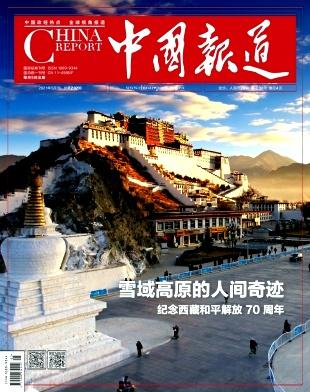外围能说话吗:德川日本外围在铃木博志的《北越世报》中的自我再现
IF 0.7
Q3 AREA STUDIES
引用次数: 0
摘要
铃木博志(1770-1842)是一位农民企业家、散文家和业余俳句诗人,他生活在日本德川时期的越后省,那里是世界上降雪量最多的地区。Bokushi在1837年出版的一本名为《北纬世谱》的书中记述了他所在地区的人民、他们的习俗、生活方式、他们与自然世界的关系以及该地区的民间传说。本文将考察这本书对主流文化话语的质疑方式,并提供关于中心和边缘、城市和农村的新思维方式。对这本书的文本和上下文的分析将展示“地方主义”是如何被用来质疑和去中心化主流文化规范的,以及一种新的审美意识是如何形成的,这种审美意识与政治中心盛行的城市情感形成了对比和质疑。这篇文章将论证博库西的书对日本古典文学中以城市为中心的话语进行了重要的批判,同时也提供了另一种乡村美学,从而对抗了通过城市为中心的文学来解读日本过去的霸权倾向。他的作品被弗雷德里克·詹姆逊称为“非霸权的文化声音”。本文章由计算机程序翻译,如有差异,请以英文原文为准。
Can the Periphery Speak: The Self-Representation of Tokugawa Japan’s Periphery in Suzuki Bokushi’s Hokuetsu Seppu
Suzuki Bokushi (1770–1842) was a peasant-entrepreneur, essayist and amateur haikai poet who lived in the Echigo province of Tokugawa period Japan, a region which gets the highest amount of snowfall in the world. Bokushi wrote about the people of his region, their customs, their lifestyle, their relationship with the natural world and the folklores of the region in a book entitled Hokuetsu Seppu (1837). This essay will examine the ways this book interrogated the dominant cultural discourse and offered new ways of thinking about centre and periphery, urban and rural. An analysis of the text and context of the book will show how ‘provinciality’ was deployed to question and de-centre prevailing cultural norms, and how a new aesthetic sense was developed that contrasted and questioned the urban sensibilities prevailing in the political centre. This essay will argue that Bokushi’s book articulates a significant critique of the urban-centric discourse of classical Japanese literature, while also offering an alternative rural aesthetic, thereby countering the hegemonic tendency to read the Japanese past through the lens of urban-centric literature. His writings are what Fredric Jameson would call a ‘nonhegemonic cultural voice’.
求助全文
通过发布文献求助,成功后即可免费获取论文全文。
去求助
来源期刊

中国报道
AREA STUDIES-
CiteScore
1.70
自引率
0.00%
发文量
9353
期刊介绍:
China Report promotes the free expression and discussion of different ideas, approaches and viewpoints which assist a better understanding of China and its East Asian neighbours. A quarterly journal of the Institute of Chinese Studies, it attempts to provide a fresh approach which goes beyond the strictly utilitarian area studies without becoming antiquarian. Launched in 1964, China Report has, over the years, widened its interests and aims and transformed itself into a scholarly journal that seeks a better understanding of China and its East Asian neighbours - particularly their cultures, their development and their relations with China. It is an indispensable source of information on China, its society and culture.
 求助内容:
求助内容: 应助结果提醒方式:
应助结果提醒方式:


